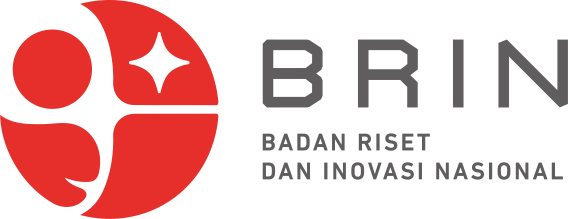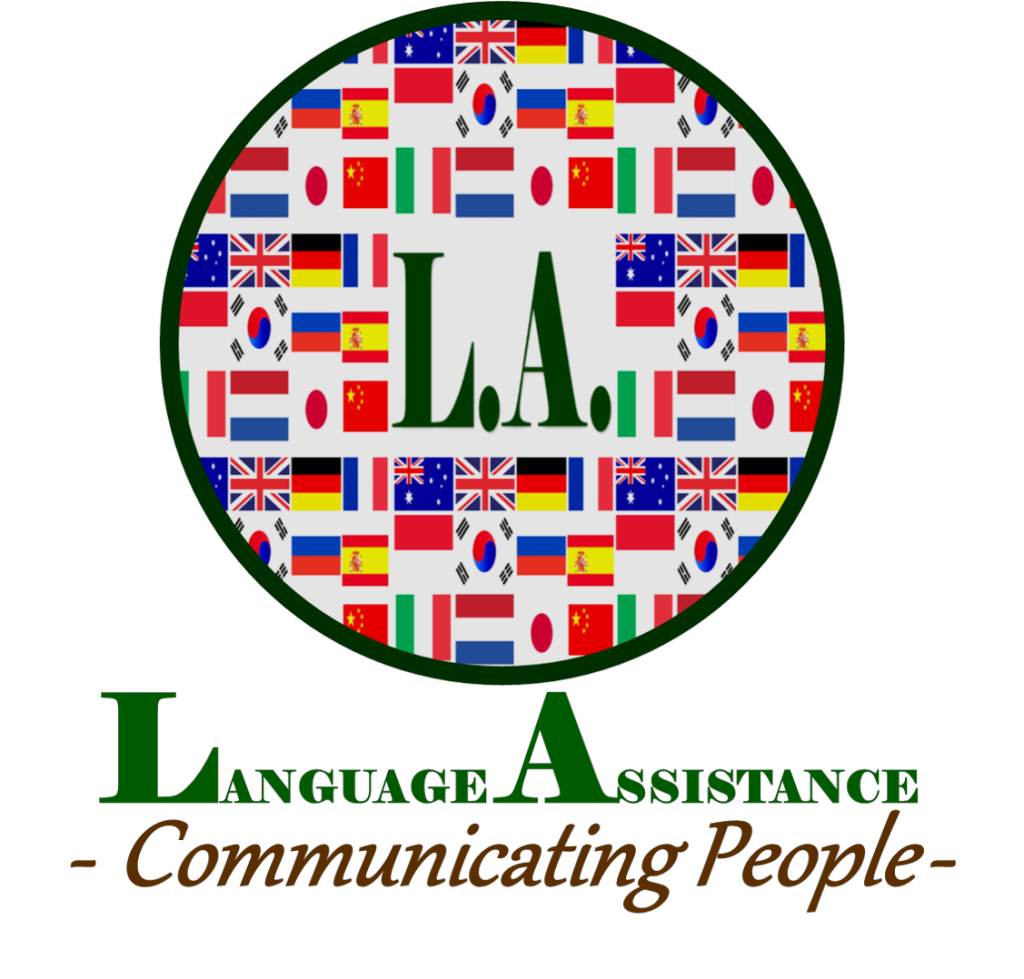Coral Reef Conservation For Blue Economy and Community-Based Sustainable Tourism in Pandanan Beach, North Lombok
DOI:
https://doi.org/10.5281/zenodo.16361408Keywords:
Coral Reef, Conservation, Blue Economy, Community-Based Sustainable Tourism, Pandanan LombokAbstract
Downloads
References
Ansell, C., & Gash, A. (2008). Collaborative governance in theory and practice. Journal of Public Administration Research and Theory.
Berkes, F., & Folke, C. (Eds.). (1998). Linking social and ecological systems: management practices and social mechanisms for building resilience. Cambridge University Press.
BPS Provinsi Nusa Tenggara Barat. (2023). Statistik Daerah Kabupaten Lombok Utara 2023. Badan Pusat Statistik NTB.
Burke, L., Reytar, K., Spalding, M., & Perry, A. (2012). Reefs at Risk Revisited in the Coral Triangle. World Resources Institute.https://www.wri.org/research/reefs-risk-revisited-coral-triangle
Emerson, K., Nabatchi, T., & Balogh, S. (2012). An integrative framework for collaborative governance. Journal of Public Administration Research and Theory.
Folke, C., et al. (2004). Regime shifts, resilience, and biodiversity in ecosystem management. Annual Review of Ecology, Evolution, and Systematics.
Folke, C., et al. (2010). Resilience thinking: integrating resilience, adaptability and transformability. Ecology and Society.
Granovetter, M. (1985). Economic action and social structure: the problem of embeddedness. American Journal of Sociology.
Hidayat, A. R., & Sari, D. A. P. (2020). Pelibatan Masyarakat dalam Pengelolaan Terumbu Karang Berbasis Ekowisata Bahari di Sulawesi Tenggara. Jurnal Ilmu Kelautan SPERMONDE, 6(2), 58–66. https://doi.org/10.20956/spermonde.v6i2.10043.
Higgs, E. (2003). Nature by design: people, natural process, and ecological restoration. MIT Press.
Holling, C. S. (1973). Resilience and stability of ecological systems. Annual Review of Ecology and Systematics.
Kementerian Kelautan dan Perikanan Republik Indonesia. (2020). Rencana Pembangunan Ekonomi Biru Indonesia. Jakarta: KKP.
Kementerian Kelautan dan Perikanan Republik Indonesia. (2021). Rencana Aksi Nasional Konservasi Terumbu Karang Tahun 2021–2025. Direktorat Jenderal Pengelolaan Ruang Laut. https://kkp.go.id/djprl/page/11484-konservasi-terumbu-karang
Kusumastanto, T. (2013). Ekonomi Biru: Konsep Pembangunan Berkelanjutan berbasis Kelautan. Jurnal Ekonomi dan Pembangunan Indonesia, 14(1), 13–25. https://doi.org/10.15294/jeapi.v14i1.1572
Lele, S. M. (1991). Sustainable development: A critical review. World Development.
Manyara, G., & Jones, E. (2007). Community-based tourism enterprises development in Kenya: An exploration of their potential as avenues of poverty reduction. Journal of Sustainable Tourism.
Meadows, D. H. (2008). Thinking in Systems: A Primer. Chelsea Green Publishing.
Millennium Ecosystem Assessment (MEA). (2005). Ecosystems and Human Well-being: Synthesis. Island Press.
Ostrom, E. (2010). Polycentric systems for coping with collective action and global environmental change. Global Environmental Change.
Schlosberg, D. (2013). Theorising environmental justice: the expanding sphere of a discourse. Environmental Politics.
Siry, H. Y. (2006). Decentralized Coastal Zone Management in Indonesia. Ocean & Coastal Management, 49(7–8), 335–358. https://doi.org/10.1016/j.ocecoaman.2006.03.003
Society for Ecological Restoration (SER) International Science & Policy Working Group. (2004). The SER International Primer on Ecological Restoration.
Subadra, I N. (2024). PARIWISATA BERKELANJUTAN: Teori dan Praktik. Denpasar: YAGUWIPA.
Subadra, I N. (2025). Rahasia Mempublikasikan Penelitian Kualitatif pada Jurnal Internasional Bereputasi: Pengalaman Empiris dari Penulis Sukses. Denpasar: YAGUWIPA.
Toth, L. T., van Woesik, R., Murdoch, T. J. T., Smith, S. R., Ogden, J. C., Precht, W. F., & Aronson, R. B. (2014). Do no-take reserves benefit Florida's coral reefs? PLOS ONE, 9(6), e105011. https://doi.org/10.1371/journal.pone.0105011
UNEP. (2021). Coral Reef Restoration as a Strategy to Improve Ecosystem Services: A Guide to Coral Restoration Methods. United Nations Environment Programme. https://www.unep.org/resources/report/coral-reef-restoration
WCED (World Commission on Environment and Development). (1987). Our Common Future. Oxford University Press.
Wibowo, G., & Ardiwijaya, R. L. (2018). Strategi Konservasi Terumbu Karang Melalui Edukasi Lingkungan dan Partisipasi Komunitas di Kawasan Pesisir. Jurnal Pengabdian kepada Masyarakat (Indonesian Journal of Community Engagement), 4(1), 10–17. https://doi.org/10.22146/jpkm.35257.
World Bank. (2017). The Potential of the Blue Economy: Increasing Long-term Benefits of the Sustainable Use of Marine Resources for Small Island Developing States and Coastal Least Developed Countries. World Bank.
Downloads
Published
Issue
Section
License
Copyright (c) 2025 I Wayan Bratayasa, Danu Satria Prayuda, Uwi Martayadi (Author)

This work is licensed under a Creative Commons Attribution 4.0 International License.
















